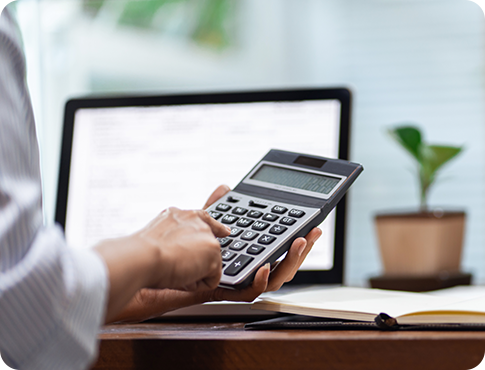Did you know the Australian Government has extended their home guarantee schemes this 2022? If you’re eligible, you could pay a fraction of the standard deposit price needed to own your own home. This is the perfect time for aspirational homeowners to buy property!
As well as the deposit, you will need to secure a home loan to cover most of the property purchase price. The total amount you can borrow is called ‘borrowing power’ and is impacted by several positive and negative factors.
How is borrowing power calculated, and how much should you borrow to buy your new home?
What is Borrowing Power?
Borrowing power refers to the amount of money you can borrow when buying a property. This will differ if you are purchasing an investment property.
Your borrowing power will be affected by your total income and your total expenses. This affects the total home loan and loan term available to you.
In addition to limiting the price of the property that you can purchase, your calculated borrowing power ensures affordability. It is important that your principal and interest repayments are set at an affordable figure that you can comfortably pay each month.
Your builder, architect, council, surveyors, and other contractors are all a part of your new home construction. As such, for the approval of a construction home loan, you may be required to provide additional documentation. Further terms and conditions may also apply if you are an owner-builder.
Keep repayments affordable
A great idea to implement is the 30% rule. This rule endorses spending no more than 30% of your pre-tax salary on home loan repayments. Keeping this rule in mind when assessing possible principal and interest repayments limits your borrowing capacity. But, it ensures that you do not borrow loan amounts that are too high and become detrimental financial commitments.
If you struggle to pay your loan repayments across the loan term, your home may get repossessed. Not only will you find yourself homeless, but your future credit options will be minimal.
How is borrowing power calculated?
What factors will borrowing power take into account when calculating your loan amount? Here are the main areas assessed on your way to loan approval!
Application
Your mortgage broker will consider if you are making a single or joint application. If you are making an application as a single applicant, only your financial situation will be considered. If you make a joint application, for example, with a spouse, both sets of financial information will be assessed.
A joint application may increase your borrowing power if you both earn a great salary. You could borrow a higher amount based on both incomes. However, it is vital to remember that both sets of living expenses and previous debt will be assessed.
Dependents
How many dependents you have will be considered in your borrowing power application. Having children is an expensive business and absorbs plenty of your financial resources!
Dependents are considered when your borrowing amount is calculated to ensure loan repayments are manageable.
Deposit
The amount of deposit down payment you are investing into your property is important. If you have less than a 20% deposit, your lender may ask you to pay monthly Lenders’ Mortgage Insurance.
Paying LMI is an additional monthly repayment which will be considered a long-term expense.
Income & Savings
You must declare annual income before tax in addition to any other income from various sources. The higher your income, the higher your potential borrowing power. Remember to include any other sources of income, such as extra freelance work or income from an investment property.
Your savings will also be considered an asset and an indication of your financial sensibilities. A good saver indicates to lenders that you are financially responsible and a low loan risk.
Expenses & Debt
You must detail your monthly living expenses and any credit card repayments and personal loan repayments you are liable for. You may have to show your bank statements to prove these expenses. Do you have any investment property expenses to include?
Your debts will be considered liabilities to judge your personal financial circumstances and will include unused credit limits.
You Calculation
A total home loan amount to borrow will be calculated, detailing the highest price your property search can reach.
Once your loan approval has been finalised formally, you will not be able to bid for a more expensive house. It is wise to search for a property below your maximum loan amounts in case negotiations raise the price later. Give yourself a contingency buffer at the top of your maximum loan amount.
Additionally, your principal and interest repayments, and interest rates, will be detailed in the borrowing power calculator results. You can assess the affordability of the proposed figures to determine whether the loan as a whole is manageable.
How does income impact borrowing power?
When your home loan lender assesses credit risk, your earnings are a major factor in providing borrowing capacity.
What is your income?
The more you earn, the higher the home loan you can borrow! Your borrowing power rests greatly on the amount of income you have on a regular basis.
Most people will rely on a regular salary to justify their income. Although, if you are a freelancer or are self-employed, you may find that justifying your income is slightly more difficult. You may need to use an unconventional different variety of evidence.
How do expenses impact borrowing power?
As well as declaring how much you earn, you must also declare how much you spend. If you are a high earner but have a lot of outgoings, you may find that your borrowing power is weak.
What are your expenses?
When assessing whether you are a credit risk, frivolous spending, multiple obligations, and no disposable income are serious red flags. This could decrease your home loan borrowing power.
Spending a high proportion of your monthly salary will mean that you have much less disposable income. Disposable income is money that is not already ringfenced for an expense. You can save disposable income for emergencies or spend it freely as you wish.
How can credit card limits impact borrowing power?
It is a common misconception that owning a credit card can help to increase your borrowing potential. It is thought that spending small amounts on a credit card and immediately paying debt indicates reliability.
However, when assessing your home loan borrowing power, the credit limit on your credit card is counted as debt. Even if you do not owe any money on your credit card, that total unused limit will go against your borrowing power calculation. This also accounts for overdraft limits.
For example, you have a $5,000 credit card limit but you owe nothing to the lender. You also have a $3,000 overdraft and you have currently used $400 of that overdraft.
You may assume that your total debt against your borrowing power here is only $400. But, borrowing power adds up all of the total available credit limits. Therefore, the combined total of $8,000 is the figure considered in your borrowing power calculation.
Close unused credit cards & overdrafts
To prevent this, you must close any credit cards and overdraft accounts you do not use. Think about any credit cards you have not used for a long time and close credit accounts.
Pay off any credit card & overdraft debts
Similarly, if you own any outstanding debts, it is important to try and pay them off as soon as possible. In addition to accruing high-interest rates and interest repayments, you are damaging your borrowing capacity.
You may find it beneficial to reduce your deposit slightly and use some of the money to clear debts. You may find that your borrowing capacity increases and better products with favourable interest rates and loan terms become available.
Do dependents impact borrowing power?
Having children is expensive and your lender understands that! So, if you have one or more children, lenders will judge this as an ongoing expense.
Home loan applicants with children will have higher expenses and less disposable income than applicants without children.
How much can I borrow?
The amount of money you will be able to borrow depends entirely on your personal circumstances. As a general rule of thumb, earning a high amount but spending a low amount generally provides strong borrowing power. You need to keep loan repayments affordable and your financial commitments manageable.
For example, two applicants earn a combined income of $160,000 before tax and have one dependent. Their monthly living expenses are $3,500 per month and they pay $300 monthly repayments on loans. They could borrow $1,113,000, paying $4,170 monthly across 30 years on a 2.10% p.a. Interest rate.
Alternatively, a single applicant earns $130,000 yearly and has no children. Their monthly living expenses are $2,500 and they pay $600 per month on loans. They may be able to borrow $816,000, paying $3,058 per month on a 2.10% p.a. interest rate.
Principal and Interest
The loan repayments detailed in the calculation with be made up of principal and interest repayments. The principal amount is what you have actually borrowed from the lender to buy your home or investment property. The interest amount is the interest the lender charges for lending the total loan amount.
Using Lendstreet’s Borrowing Power Calculator will tell you exactly how your loan repayments will be depending on property price. Simply enter accurate information and the calculator will give you a great idea of how much your loan amount will total.
How much should I borrow?
If a lender says you can borrow $1,000,000 to purchase a home, should you borrow the full amount? This will, of course, depend on your personal circumstances and the property market in your local area. However, borrowing the most money possible may not be the wisest decision.
There are many other costs to factor into purchasing a property, such as:
- Deposit
- Stamp Duty
- Valuation
- Inspection fees
- Lender fees
- Conveyancing and legal fees
- LMI
- Other applicable fees
Make sure you are not hit with unexpected costs by doing your research first!
How can I increase my borrowing power?
Borrowing power is not just calculated to limit how much you can borrow in your home loan balance. Borrowing power acts as a safeguard so that you can comfortably borrow money without struggling to meet repayments.
It is important to remember that when you take out a home loan, your property is at risk of repossession. If you stop paying your home loan repayments, a lender can apply for foreclosure and you will lose the property. A property repossession will badly damage your credit history.
Borrowing a higher amount of money increases the risk that you may face difficulties. However, if you want to increase your borrowing power, here are some measures you could take
Principal and Interest
Paying off any debts that you currently owe will increase your borrowing power. Reducing your debts and your monthly payments shows lenders a positive credit history.
Do you have a car loan, existing home loans, or personal loans that can be paid off? When calculating your home loan borrowing power, fewer expenses will impact your earnings.
Close unused credit
If you have credit cards and overdrafts that you do not owe money on, close the accounts down! The total credit limits of all credit you possess will impact your home loan borrowing power.
Having high credit limits that are unspent will decrease the amount of money that you can borrow.
Reduce expenses
Decreasing all other spendings can help to increase your home loan borrowing power. You may also be able to save more money for a larger deposit!
Search for cheaper deals and create a budget to curtail your spending habits.
Bigger deposit
A bigger deposit increases your home loan borrowing power. Your lender will reduce your credit risk as you are placing a higher down payment into the loan.
A larger deposit will also signal to the lender that you are sensible with your money. You will be assessed as being good at saving your money and not prone to frivolous spending.
Increase income
One way to increase your borrowing power is to increase your income! Could you apply for a promotion with a higher salary? Or work overtime or a second part-time job? Increasing your annual income will definitely help your borrowing power calculation!
Different lenders
Some lenders are more cautious than others and may only offer conventional loans. Seeking the advice of a mortgage broker with an Australian Credit Licence will help you to view all home loan options.
Some lenders may require a slightly different lending criterion or use a different calculation method. A mortgage broker can provide impartial advice to get the best loans for you.
Additional home loan options
If you want to borrow a higher amount of money, contact your mortgage broker to discuss other options. You could consider
A Guarantor Loan
A guarantor loan involves a family member, or a friend, supporting you in acquiring your own home. Your family member or friend will guarantee that you will pay your mortgage repayments.
However, they will be responsible and liable for the repayments if you stop paying.
A guarantor loan is a significant commitment and can jeopardise your relationship with the guarantor if you run into financial difficulty. However, it can be a great option to gain a secure footing on the property ladder.
Seek professional advice from a broker with an Australian credit licence!
A Low or No Deposit Loan
If the deposit you need is holding back your borrowing power, perhaps a low deposit or no deposit loan may help? Depending on your financial situation, you may be able to find a lender that only requires a 3% deposit.
However, the drawback to this type of loan is that you will almost always need to pay Lenders’ Mortgage Insurance. LMI is a monthly insurance payment you will have to pay to safeguard the interest of the lender. If you stop paying the Lenders Mortgage Insurance repayments, the lender’s financial interest is still covered!
Most homeowners try not to agree to pay LMI and so save up a larger deposit. Paying LMI means that you are paying more for your property purchase, as no LMI payments reduce the amount borrowed.
Low Doc Loan
If you are self-employed, standard lenders may not have the right loan product for you. Your professional mortgage broker may be able to find you a low doc loan, requiring different types of financial evidence. A low doc loan is perfect for self-employed individuals.
Perhaps you are a Freelancer and do not know how to make that first step in applying for a home loan? Read through our Freelancer guide to owning your own home.
Use Lendstreet’s Borrowing Power Calculator
To discover how much you could borrow for a property purchase, use Lendstreet’s Borrowing Power calculator today!
Simply enter your information into the calculator! You will immediately see the monthly repayments, the interest rate, and the total amount you can borrow. Allow yourself to make an informed real estate decision and achieve the best loan deal for you!
FAQs
How do you calculate borrowing power?
Borrowing power is a general calculation of your income minus your expenses. Although, other key factors are also considered such as dependents, personal loan repayments, savings, and debt. Each calculator will produce figures using a slightly different method, however.
How much can I borrow? Can I borrow five times my salary?
Each lender has different lending criteria. Many lenders cap their lending at three times your annual income amount. Although, some lenders do offer four times your salary.
It is advisable to visit a mortgage broker who will search through all possible options in achieving your home loan.
Is it possible to increase my borrowing power?
Yes! To increase the amount of money you can borrow, you need to increase your income and reduce your expenses.
Improve your career prospects and salary expectations whilst saving as much money as possible for a higher deposit. Reduce your living expenses and clear any previous debts, closing any credit accounts you have.
Do I need a 20% deposit to buy my first home?
Depending on your financial circumstances, you may be able to apply for incentives to reduce the deposit needed.
The Australian Government has extended the First Home Guarantee into 2022. This allows first-home buyers to buy a home with only a 5% deposit. The Government has also extended the Family Home Guarantee to enable single parents to put down a 2% deposit.
You may be able to apply for a low deposit or a no deposit loan when speaking to a professional broker. Higher interest rates and specific criteria may be applicable, but your broker will have an option to meet your needs!
Thousands of home loans from
from our lending partners
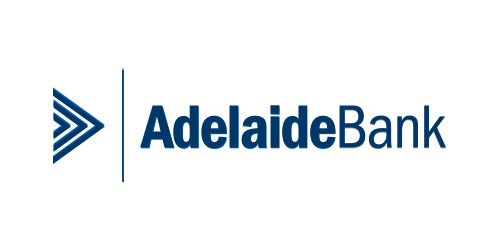
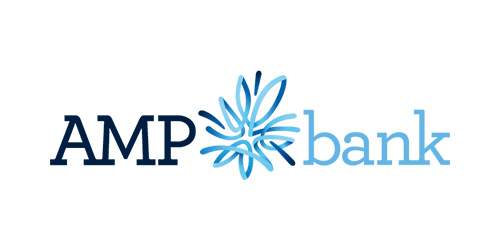
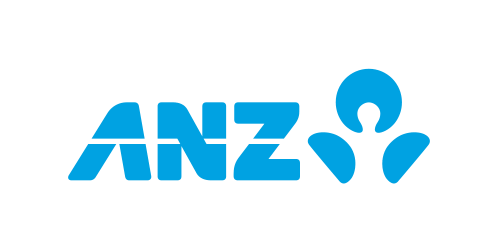
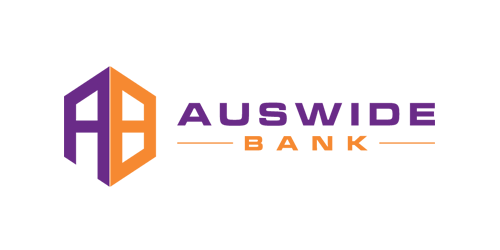
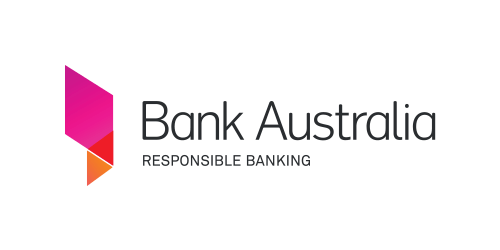
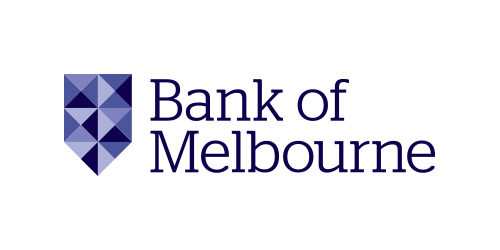
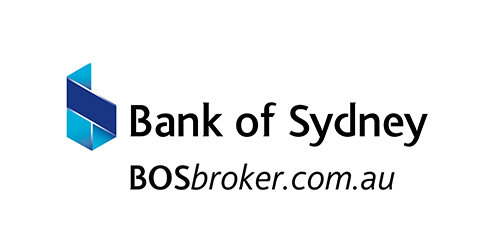
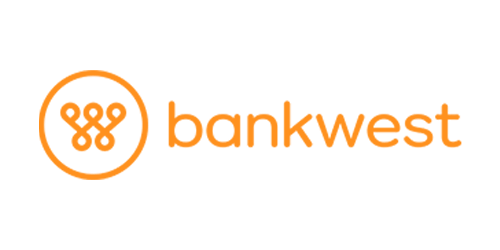
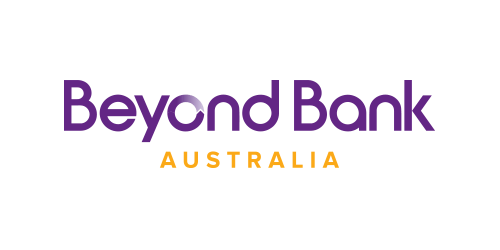
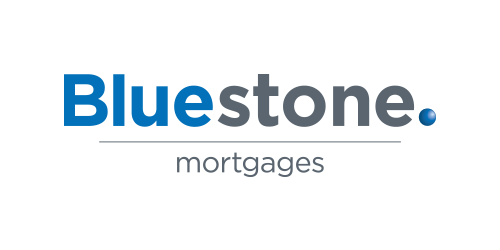
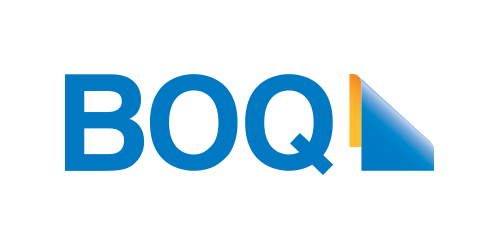
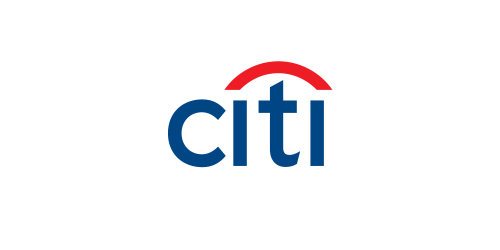



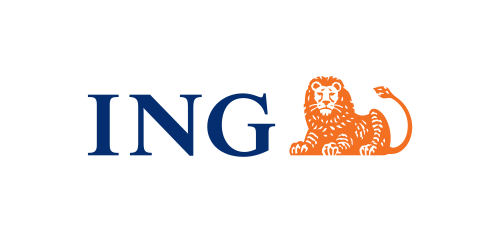
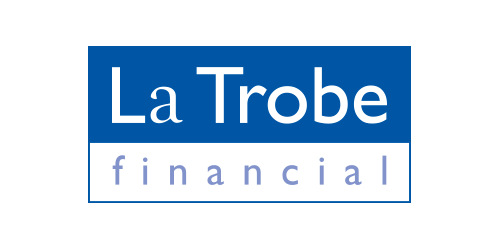
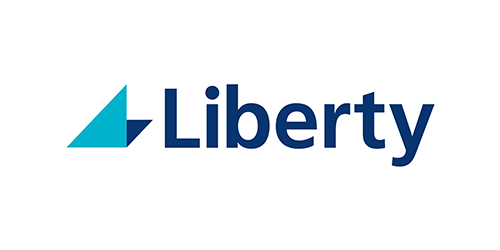
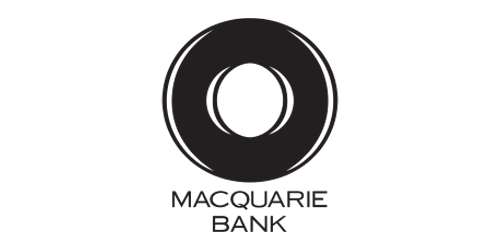
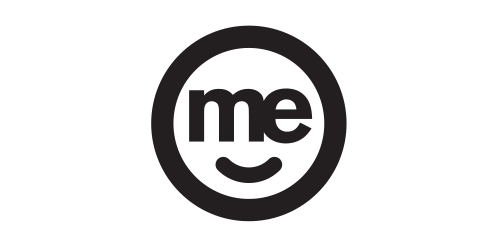
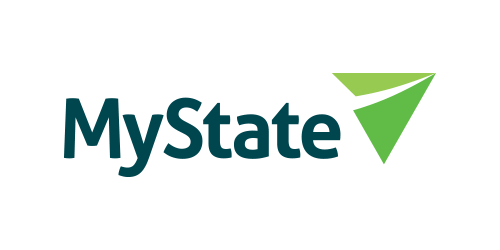


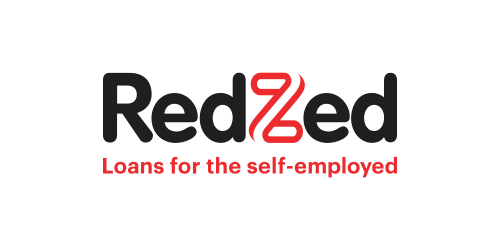
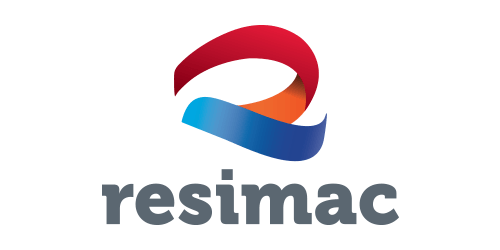
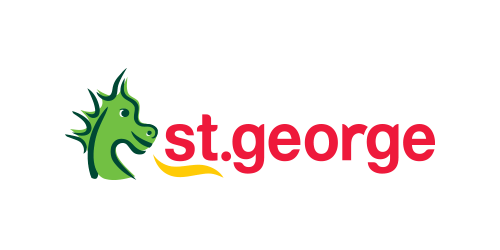

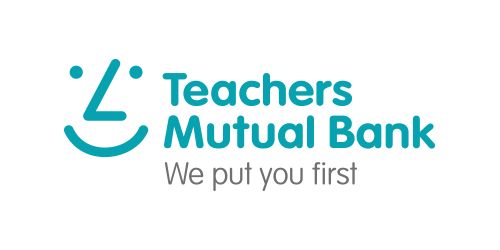
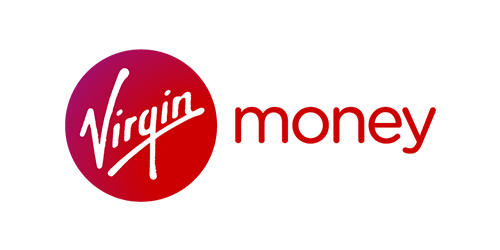

Get free home loan advice.
Chat with one of our trusted mortgage brokers without needing to commit. Our initial talk will be to assess your requirements and discover potential options from the market.



